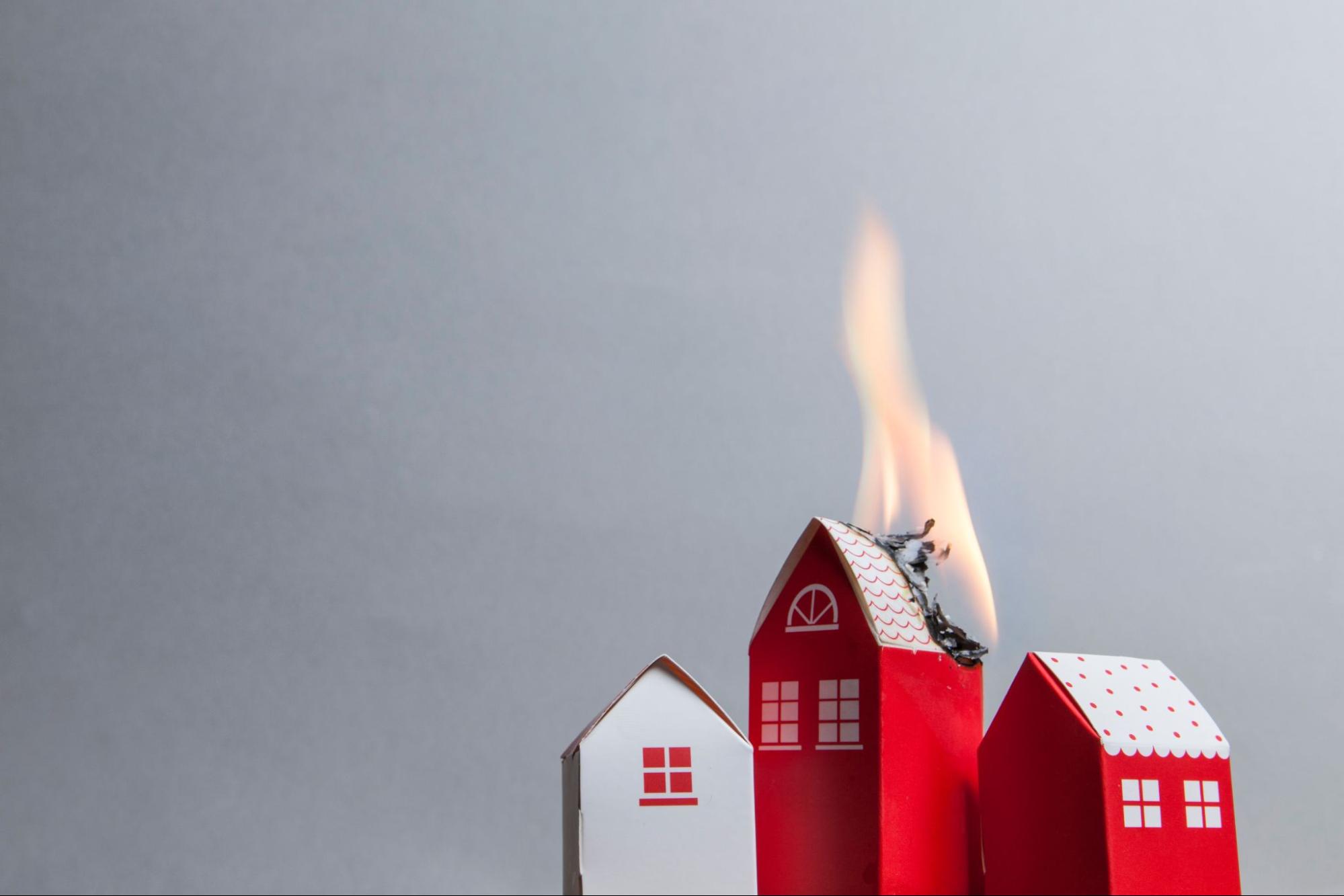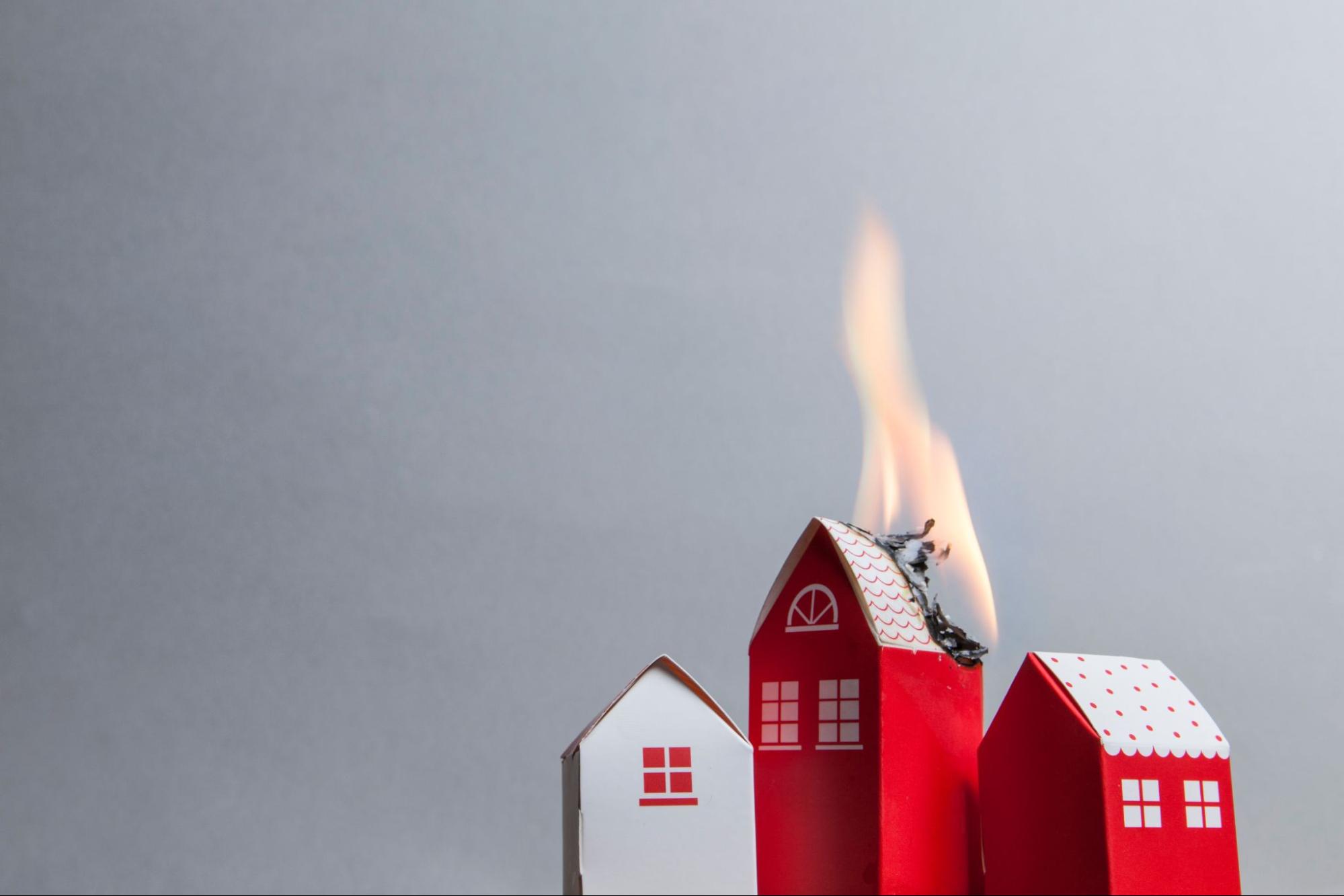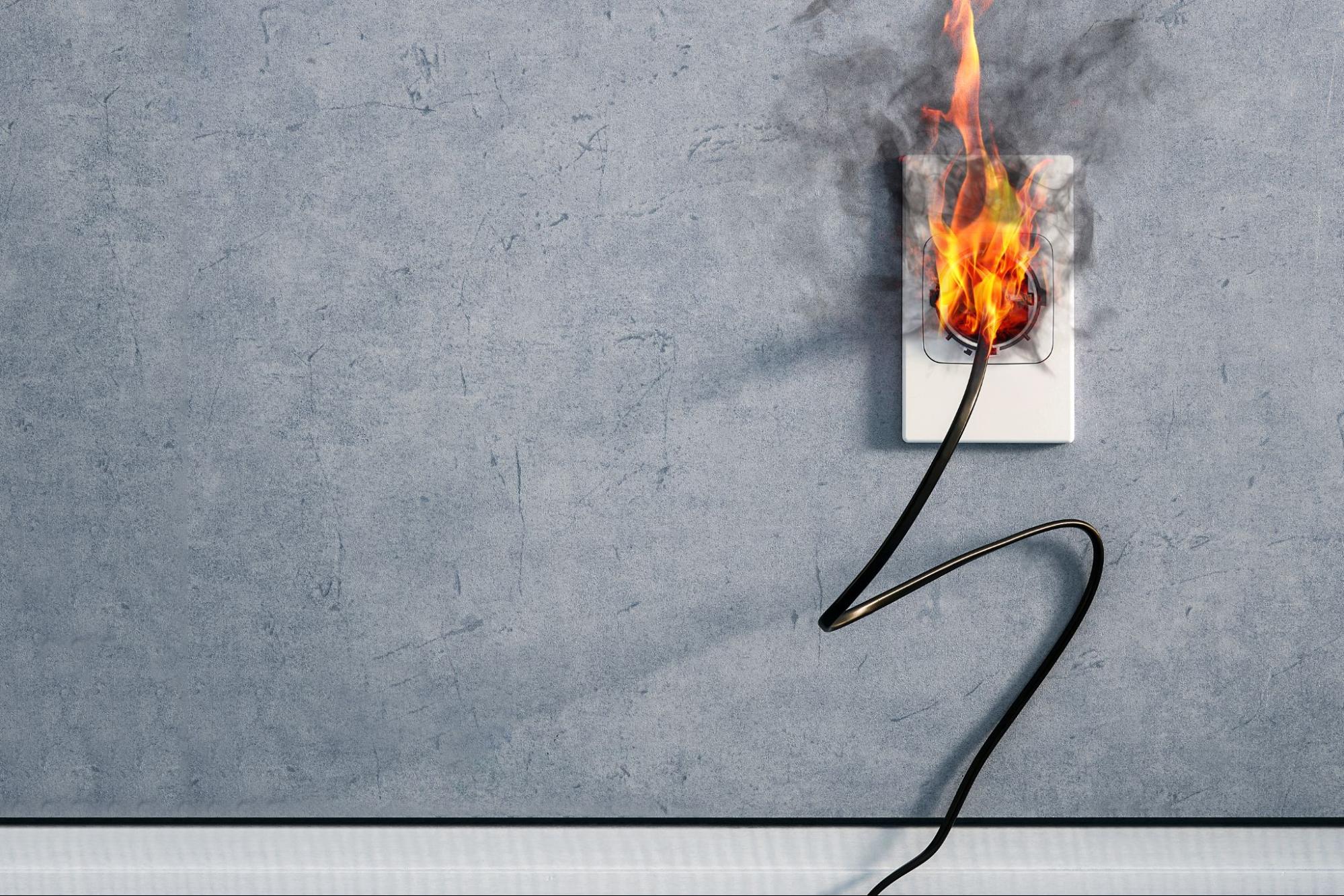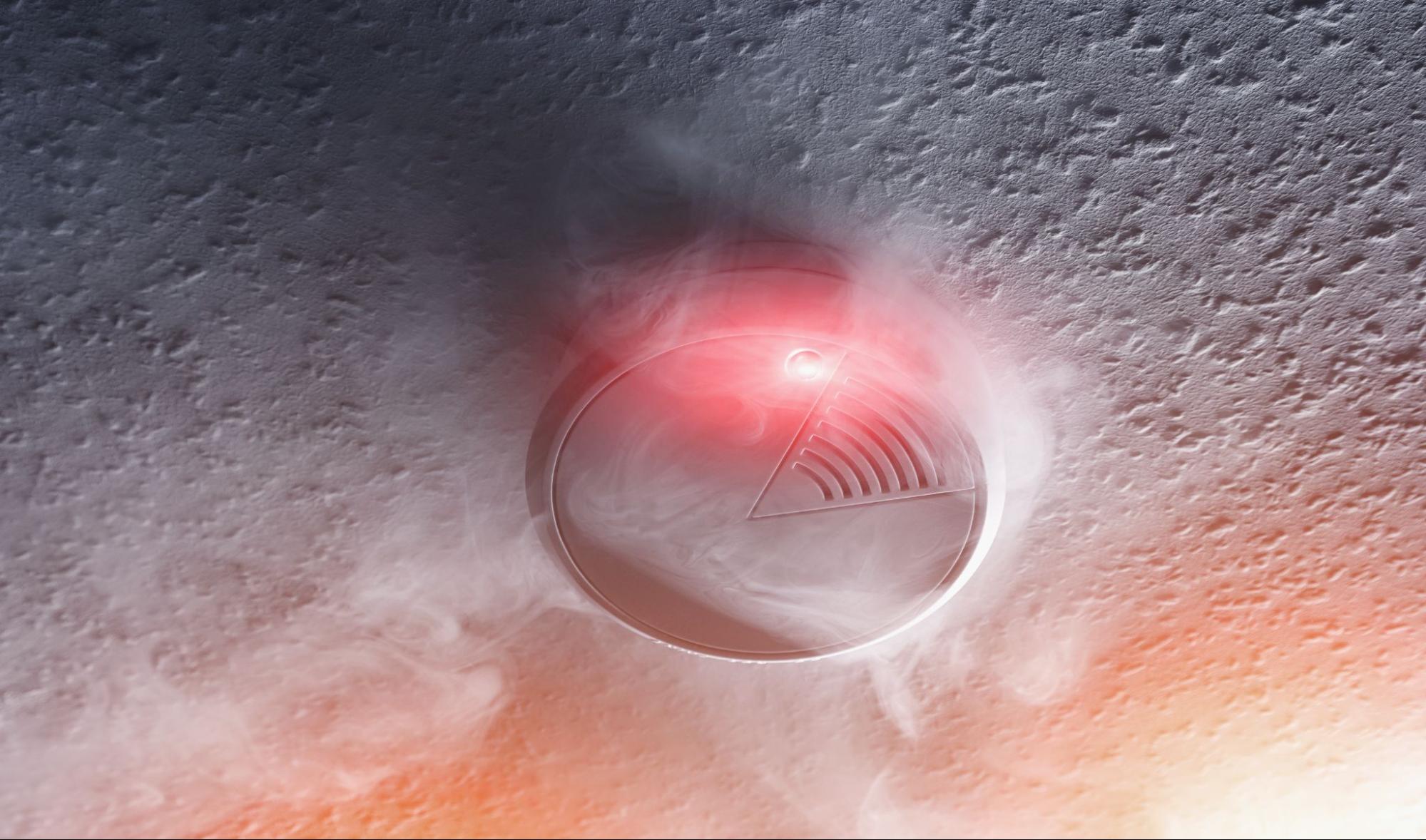
Keeping Your Family Safe From In-Home Fires
In-home fires are more common than you think. According to the National Fire Protection Association, there are over 350,000 home fires each year in the United States. Although it may seem like you will never be the victim of an in-home fire, it can happen to anyone. It is important to be prepared because if it were to happen, you may only have as few as 2 minutes to escape. Learning how to prevent home fires can save your home and loved ones’ lives. Here are some of our home safety expert’s favorite tips for fire safety.
Install Fire Alarm Systems
Early detection is absolutely key to fire prevention. Installing fire alarm systems is one of the easiest and most effective ways to avoid a house fire. You can install fire alarms by yourself, however, hiring an expert is the most effective and safest fire alarm installation method. Additionally, you need to be sure you are installing the correct number of fire alarms in your home. At minimum, a good rule of thumb is to install on every level of the home, outside each sleeping area, and inside each bedroom.
Once the fire alarm systems are installed, they should be tested at least once a month. Typically, there is a button on the machine that you can press to test it. If the noise is weak and meager, it is time to change the batteries. Batteries need to be changed at least once a year, if not more, while alarms can be replaced once every ten years.
Inspect All Heating Sources
Approximately 18% of all home fires are caused by heating sources. An easy way to eliminate the risk of heating sources is to have an expert check them annually. A heating source can be a space heater, furnace, boiler, fireplace, etc. Although these are common household items, they can be dangerous if not properly wired. Be sure to always clean out your air filters and the surrounding areas around your space heater. A fire can easily start from dust, debris, and flammable objects being too close to a heating source.
Keep Your Stove and Oven Clean
Don’t worry, we don’t mean the pile of dirty dishes stacked up in your sink will randomly cause a fire, but we encourage you to keep your stove and oven clean. Small food particles can pile up too close to the burner and cause a kitchen fire. Or maybe even the dish towel you keep on your shoulder falls onto the stove while you are making dinner. This also has the potential to catch fire. It is a good idea to keep all flammable and flimsy things away from a burning stove. Additionally, don’t forget your food in the oven! This is the leading cause of home fires. If you aren’t sure that you turned the oven off before you left the house or you aren’t going to be home when the turkey is done, call someone to watch the food until you are able to return.
Always Check Your Dryer
Remember that pesky lint trap that can get annoying to change every time you run the dryer? Well, although tiny, it is mighty. This needs to be cleaned each and every time your dryer is used to prevent a lint build-up that could lead to a fire. Depending on what type of dryer you have, it should be inspected annually. Additionally, be sure to check for any dust or runaway socks behind the dryer. These can be very flammable.
Talk About a Fire Escape Plan
Another precautionary step that you can take is to talk to the members of your household about a fire escape plan. Although we hope you never have to use this plan, it is better to prepare in case of an emergency. The Red Cross suggests that every family knows at least two ways to escape from each room in the house. It is also recommended that everyone knows a family meeting spot outside of the home. A couple of run-throughs throughout the year of this plan will better prepare your family for a fire. It might even save your lives.
Get Out, Stay Out, Call for Help
All of these tips have the potential to save lives and protect your home. In-home fires are very serious and require the preparation of all house members. If a fire does occur, get out, stay out, and call for help. Don’t let an unexpected house fire damage your home or put your family members at risk. Please contact our home safety experts at Coggin Security for more information regarding your fire alarm system.



